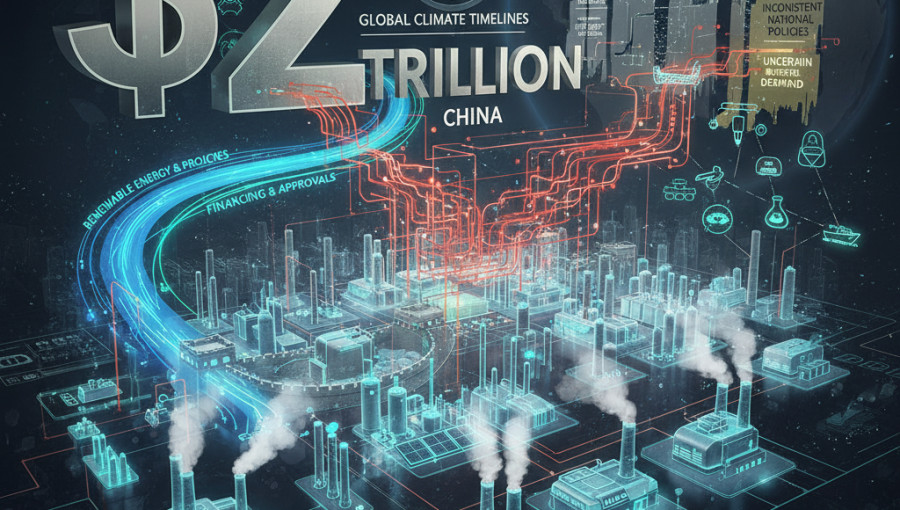A new report reveals a global pipeline of over 1,000 clean industrial projects, valued at approximately $2 trillion, aimed at decarbonizing sectors responsible for nearly a third of all greenhouse gas emissions. While this signifies a major shift, the analysis indicates a concerningly slow pace, with only a small fraction of projects currently operational. The data highlights China’s dominant position in this transition, with its aggressive industrial policies and renewable energy expansion giving it a significant head start over the United States and other nations in the race to produce greener steel, cement, and chemicals.
According to a new analysis from the Industrial Transition Accelerator and Mission Possible Partnership, more than 1,000 commercial-scale clean industrial plants are either operating or in development globally. These projects, which focus on slashing CO2 emissions from key sectors like aluminum, aviation, cement, chemicals, shipping, and steel, represent a total investment of roughly $2 trillion. Faustine Delasalle, who leads both organizations, described the situation as a “clean industrial revolution in the making,” emphasizing that opportunities exist for all countries to participate.
The report provides a detailed breakdown of the project pipeline, showing that progress remains in its early stages. To date, only 8% of the identified facilities are fully operational. An additional 6% have reached a final investment decision, meaning financing and approvals are secured for construction, while 7% are poised to reach that stage soon. However, the vast majority, nearly 80% of the projects, have been announced but still face significant financial, technical, or regulatory hurdles before development can begin.
China is unequivocally setting the pace, with over 200 low-carbon industrial projects in its pipeline. The country’s early lead is attributed to its massive build-out of renewable energy and proactive government policies supporting technologies like green hydrogen. The report’s authors note that due to limited public disclosures, their data likely underestimates the true scale of China’s progress. Delasalle expects that as other nations observe China building a competitive edge, the global pace of decarbonization will accelerate, driven by the understanding that cleaner production is the future of industry.

